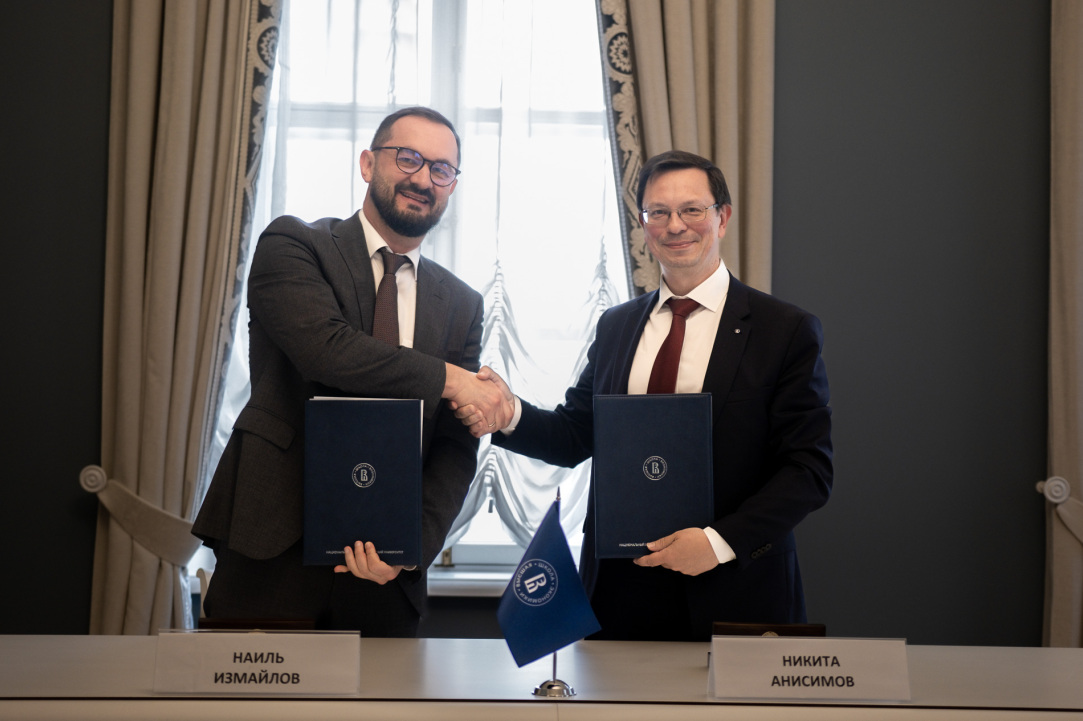
HSE University and Football National League Sign Memorandum of Cooperation
On June 30, HSE University Rector Nikita Anisimov and Russian Football National League President Nail Izmaylov signed a cooperation and partnership memorandum aimed at developing and popularising Russian football.

Results of HSE University’s Mirror Laboratories Contest Announced
This year, HSE University held the Mirror Laboratories project contest for the fourth time. A total of 19 applications were submitted to the contest from 16 HSE University research departments partnered with 16 organisations from 14 Russian regions. Following the contest results, 10 research projects received support.

The First Issue of the HSE University Journal of International Law Is Out Now
On June 23, 2023, the first issue was published on the journal’s webpage under the heading ‘Mission Upward’. The journal is published online in Russian and English. In honour of this landmark event for the journal, we talked with its Chief Editor, Vera Rusinova.
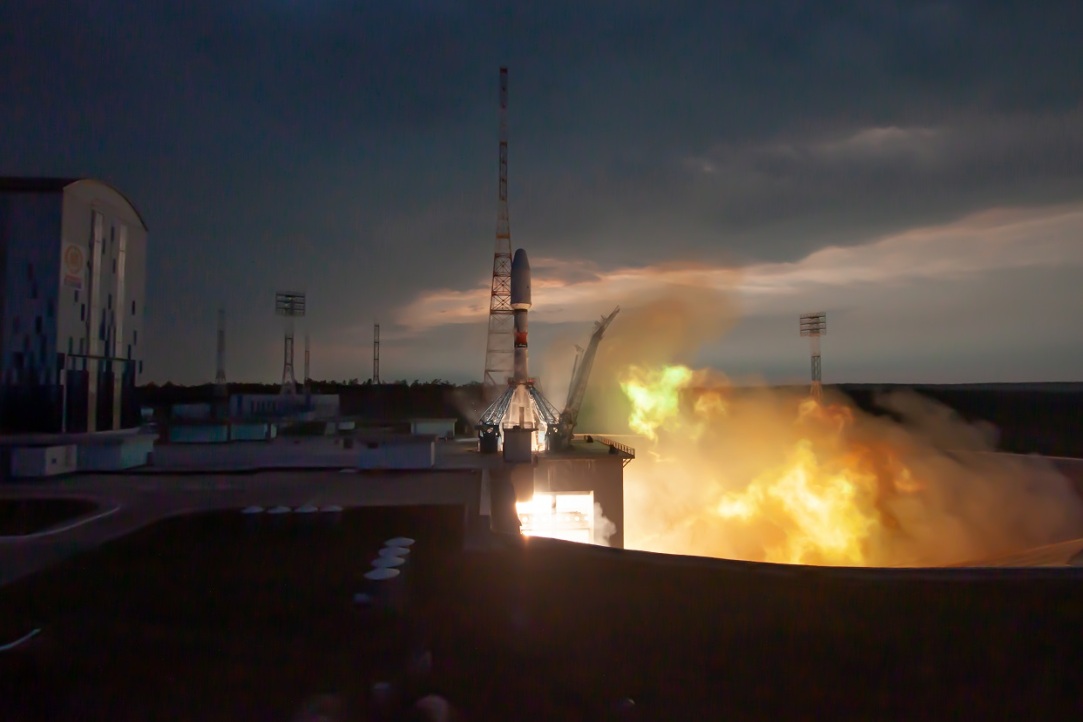
HSE University’s Third Satellite Launched from Vostochny Cosmodrome
The small CubeSX-HSE-3 spacecraft was created by students and staff of the HSE Tikhonov Moscow Institute of Electronics and Mathematics. It is based on the OrbiCraft-Pro 3U platform by Sputnix. The work was carried out as part of the Space-π project with support from the Innovation Support Fund.
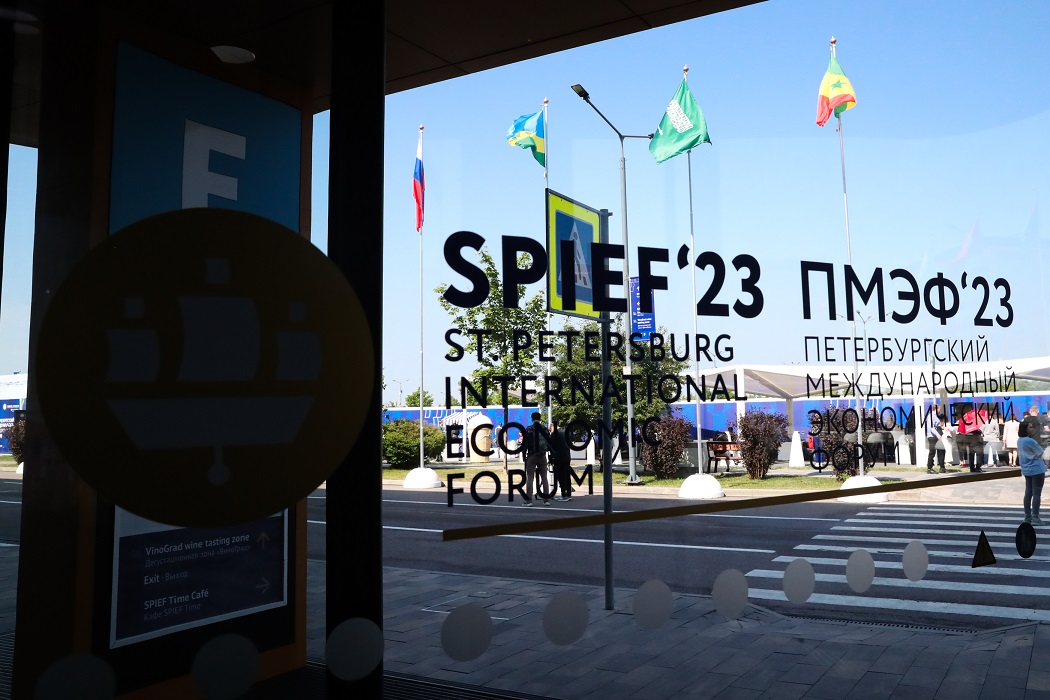
HSE University at SPIEF: From Cyber Gaming to Arctic Development
The timeliness of Russia’s first cyber gaming platform, the importance of closing the gender gap in the IT industry, and the future of international cooperation in the Arctic were just some of the issues discussed at the St Petersburg International Economic Forum (SPIEF). The HSE News Service reports on some of the topics of discussion at the forum.
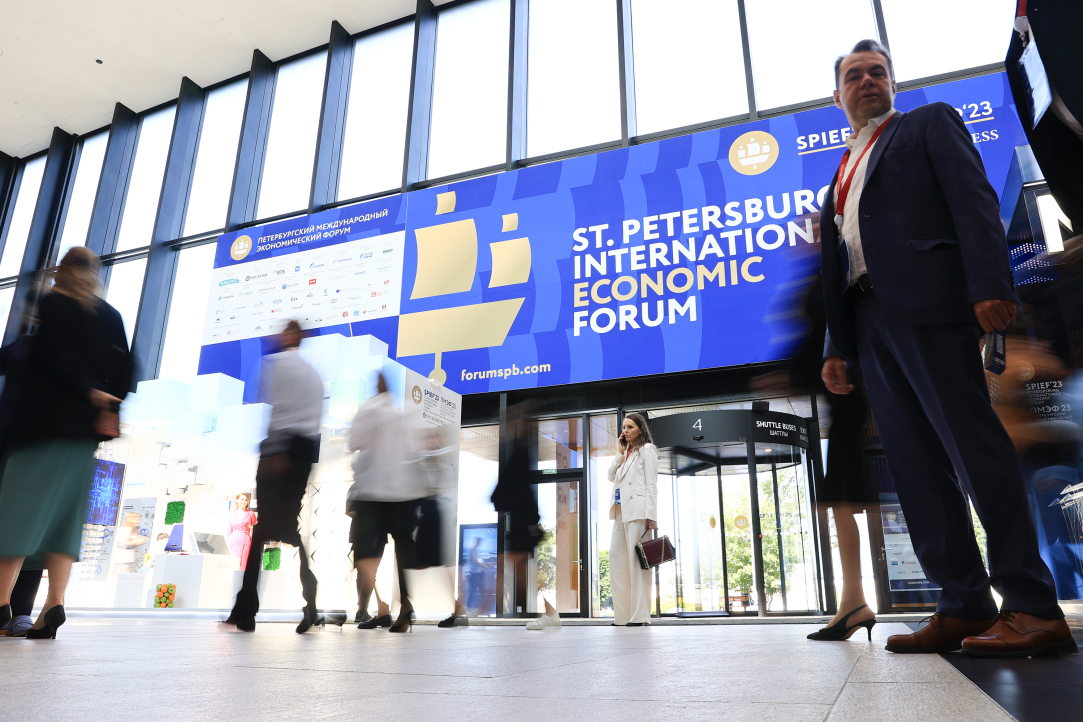
HSE University at SPIEF: Smart Migration and the Future of the Global Economy
Sessions attended by HSE University experts at the recent St. Petersburg International Economic Forum focused on the digitalisation of migration management, regionalisation of the world economy, participation of companies in global value chains, and many other topics. Below, HSE News Services covers some of the main sessions of the event.
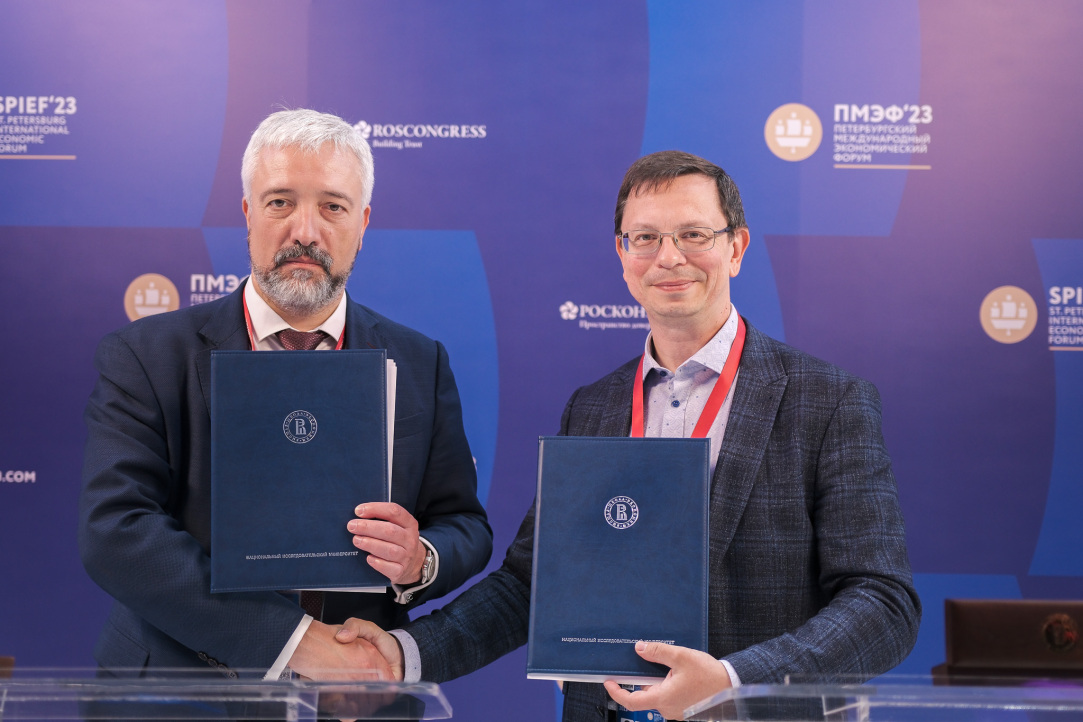
HSE University and Rossotrudnichestvo Agree to Train Specialists in Teaching Russian as a Foreign Language
HSE University and Rossotrudnichestvo have signed an agreement to establish a Russian Language Centre at HSE University in St Petersburg. It will train teachers of Russian studies and future leaders of educational programmes and courses of Russian as a foreign language. The document was signed by HSE University Rector Nikita Anisimov and Head of Rossotrudnichestvo Yevgeny Primakov at the St Petersburg International Economic Forum.

Scientists Develop Algorithm for Accurate Calculation of Quantum Systems
Researchers from the MIEM HSE Centre for Quantum Metamaterials, jointly with colleagues from Germany and the UK, have proposed an algorithm for the automated compression of arbitrary environments (ACE). It opens up exciting new possibilities for the precise calculation of the dynamics of quantum systems. According to the scientists, the new method can assist in the design of quantum computers and novel communication systems. The study findings are published in Nature Physics.

Astrophysicists Look into a Powerful Gamma-ray Burst
An international team of scientists including a HSE researcher have detected a rare optical emission from one of the most powerful gamma-ray bursts in the history of observation. The team measured the parameters of the environment, from which the emission originated, and proceeded to construct a model that simulates the behaviour of gamma-ray bursts. This contributes to our understanding of why such bursts are accompanied by electromagnetic radiation in the visible range. The findings have been published in Nature Astronomy.

Monsters of the Deep: HSE Scientists Have Compiled a Catalogue of Rogue Waves
Rogue waves, or killer waves, are abnormally high and deadly waves that can emerge unpredictably in open seas and along shorelines. They pose an imminent deadly threat to everyone from colossal liners and pleasure yachts to seafarers and vacationers. Scientists from the HSE campus in Nizhny Novgorod Efim Pelinovsky and Ekaterina Didenkulova have assembled a catalogue of such phenomena that occurred in the World Ocean from 2011 to 2018, identifying the areas where they are frequently documented and inflict the most substantial damage.


Submissions are open until October 13